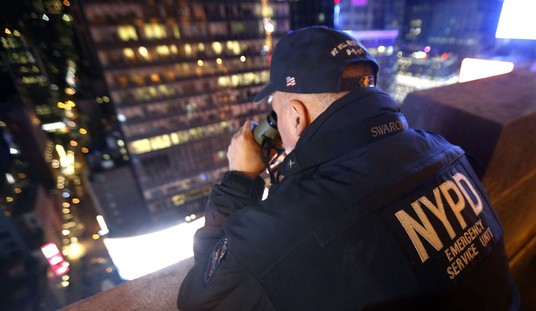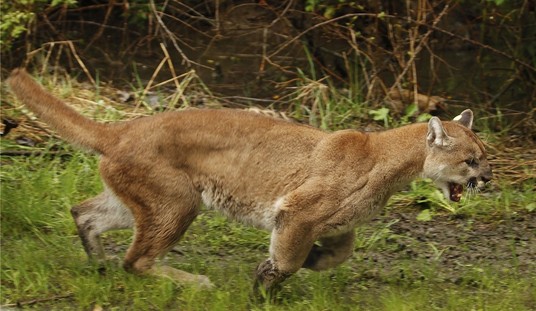Like I said in my last post, you’ll have to wait for my LA Weekly story before you can read about my experience in Libya. But here’s a visual tour. Enjoy. There aren’t many pictures of Libya in the world, at least not compared to the number of pictures of other places. I’m happy to contribute a few more.

Tripoli from the air.

We were stuck in this hotel amid an urban wasteland. Can you guess what that object is in the foreground? I’ve no idea. It could be the world’s ugliest fountain, but I saw no pipes.

Me in the hotel lobby. That’s everyone’s pal there on the wall. The people love him so much they put up his portait everywhere. They just can’t help themselves. He is the sun of Africa. At least that’s what he says.

I got agorophobia walking around Tripoli’s vast empty spaces.

Here is one of the regime’s many defunct compounds strewn around Tripoli like so much junk.

Tripoli is a safe city, but the sound of machine-gun fire in the background wouldn’t have seemed out of place.

How would you like to live in this apartment building? Ghaddafi can’t even leave people alone when they’re at home.

The bastard is everywhere.

Can you see now why I said spending two days in Paris on the way home was a sight for sore eyes? Tripoli is awful. There are no soft edges.

Tripoli was in the orbit of the Soviet Union, and it sure looks the part.

This is how Ghaddafi “decorated” his waterfront. Tripoli doesn’t feel at all like a Mediterranean city. It is totally walled off from its neighbors and its environment.

Here is the smallest mosque I’ve ever seen. It surely provides a nice little respite from the urban hell that surrounds it.

Green Square is famous, but it shouldn’t be. This is no Italian piazza we’re talking about. It’s a parking lot ringed by a six-lane urban speedway.

The Italian quarter of the city, built by Mussolini in Italy’s fascist-imperialist days.

The skyline of Tripoli’s old city, the only interesting place in the capital.

Some streets of the old city, while somewhat decrepit, still have their charms.

An old woman walks the streets of the old city. Women were a rare sight, even in Libya’s largest metropolis. More than 99 percent of the people I saw were men.

Tripoli’s old city made me think of Havana, not the details but the decay.

The old cities in Tunisia are exotic, but the old city of Tripoli is a little too slummy to have that cool Eastern vibe. It’s too run-down and sullen.

There aren’t many nice modern buildings in Tripoli, but there are a handful. This one is a brand-new hotel that charges 250 dollars a night. I hope the hot water works. It didn’t in my hotel.

The mosques are always nice to look at. They’re almost the only nice buildings in the entire country.

Much of the Sahara is a vast arid plain.

A range of mountains crosses East to West just south of Tripoli.

An old house (I think) on the side of the road in the desert.

You can’t even drive in the countryside without running into the regime’s propaganda. Etched into the side of the mountain is “Al Fatah Forever.”

More of Ghaddafi’s bullshit hassles drivers on the way up to the city of Nalut.

An ancient mosque in the old city of Nalut.

Human honeycomb. You might recognize this Berber architecture. You’ve seen it in the Star Wars movies. George Lucas used similar sites in next-door Tunisia as film sets.

Driving in the desert toward the city of Ghadames, the fabled “jewel of the Sahara.”

A cemetary at the edge of Ghadames, and the vast empty Sahara beyond.

Enormous minarets rise above the new city of Ghadames.

Here is the entrance to the old city of Ghadames. It is beautiful and intoxicating, but people are forbidden to live there. Ghaddafi evacuated the city at gunpoint and forced everyone into modern concrete block housing.

The city isn’t underground. It was built with a roof on it to keep the summer heat out and the winter warmth in.

The city is lit by skylights. Some passages are pitch black even at midday. The inhabitants memorized the walls.

If Libya were a normal country and Ghadames were a normal city this place would be packed with hotels, coffeeshops, restaurants, internet cafes, and desert adventure tour offices. But Libya is not a normal country and the old city of Ghadames is an unwilling ghost town. At least I was free to walk around in it.

Not all of the city is “underground.” Paths connect the houses and main streets to outdoor gardens.

It isn’t quite right to call this decorative style “Berber.” It is unique to the city of Ghadames.

This is what the inside of a traditional Ghadames house looks like. A family still owns and keeps up this house as a showpiece, but they are no longer allowed to live in it. Imagine being forced out of your own house by the state and shepherded into a concrete compound.

Somehow Ghaddafi was persuaded to allow one single café to set up shop in the old city .This is what Ghadames would look like if it were allowed to live, if the indigenous Berber culture were not being erased by the regime.

I walked to the edge of the city to snap this picture. Imagine setting off for someplace else in the old days before roads and cars were invented. Then imagine doing it in August when the Sahara is the hottest place on the Earth. (It is quite nice in November, a comfy 70 degrees Fahrenheit.)

That line of trees is the Algerian border. The mountain of sand is inside Algeria. You can walk into Algeria from Ghadames, but no one I talked to had ever been there. It still isn’t safe. Just a week before I arrived some German tourists were found dead right across the border, presumably killed by Salafis.

The biggest dunes I saw in Tunisia were six feet tall. The dunes in Libya rise more than 300 feet.

I climbed to the top of the dunes to watch the sun set. It took a long time.

The dunes turn silver at twilight. Look to the horizon, past the wide distant mesas. You see what looks like a mountain range? That’s the Grand Erg Oriental, an enormous sea of sand that stretches hundreds of miles into Algeria and Tunisia.

The spectacular Roman ruins at Leptis Magna are better than anything I’ve seen in Italy. There were no tourists there – only me, Shelly, our guide, and some goats.

The fabulous Roman theater at Sabratha.









Join the conversation as a VIP Member